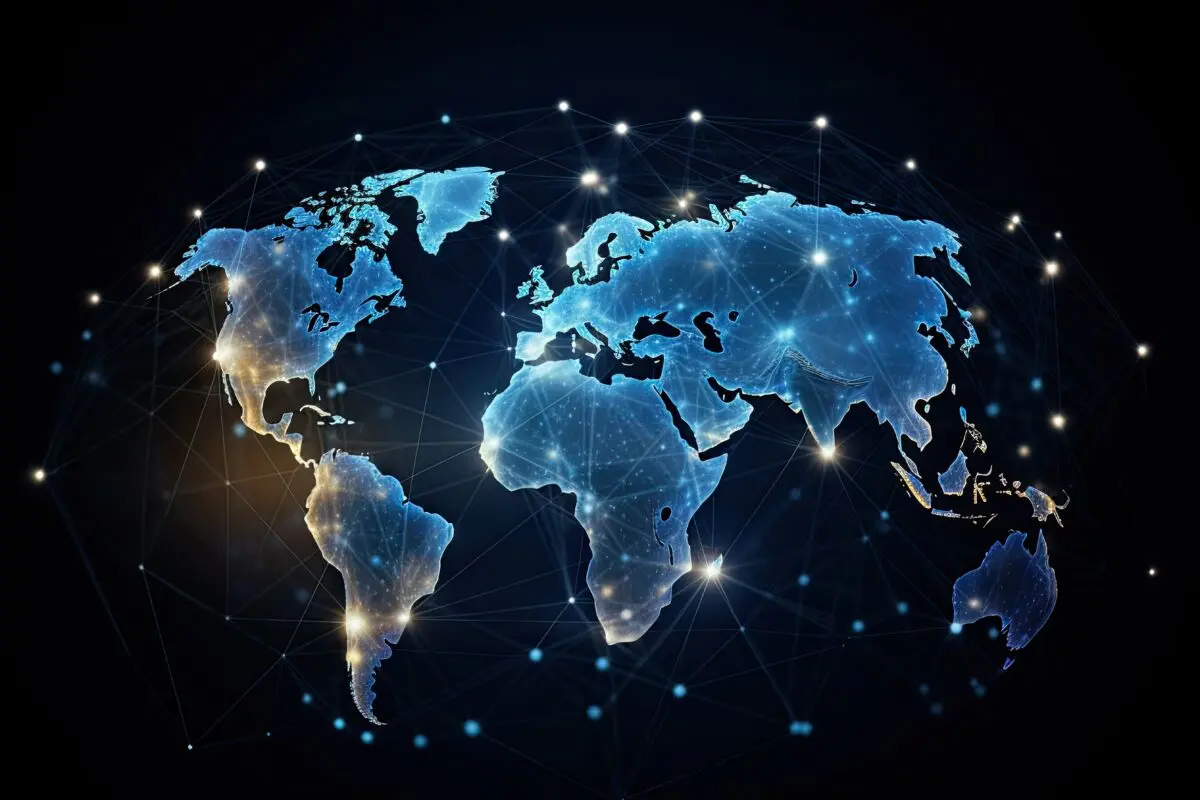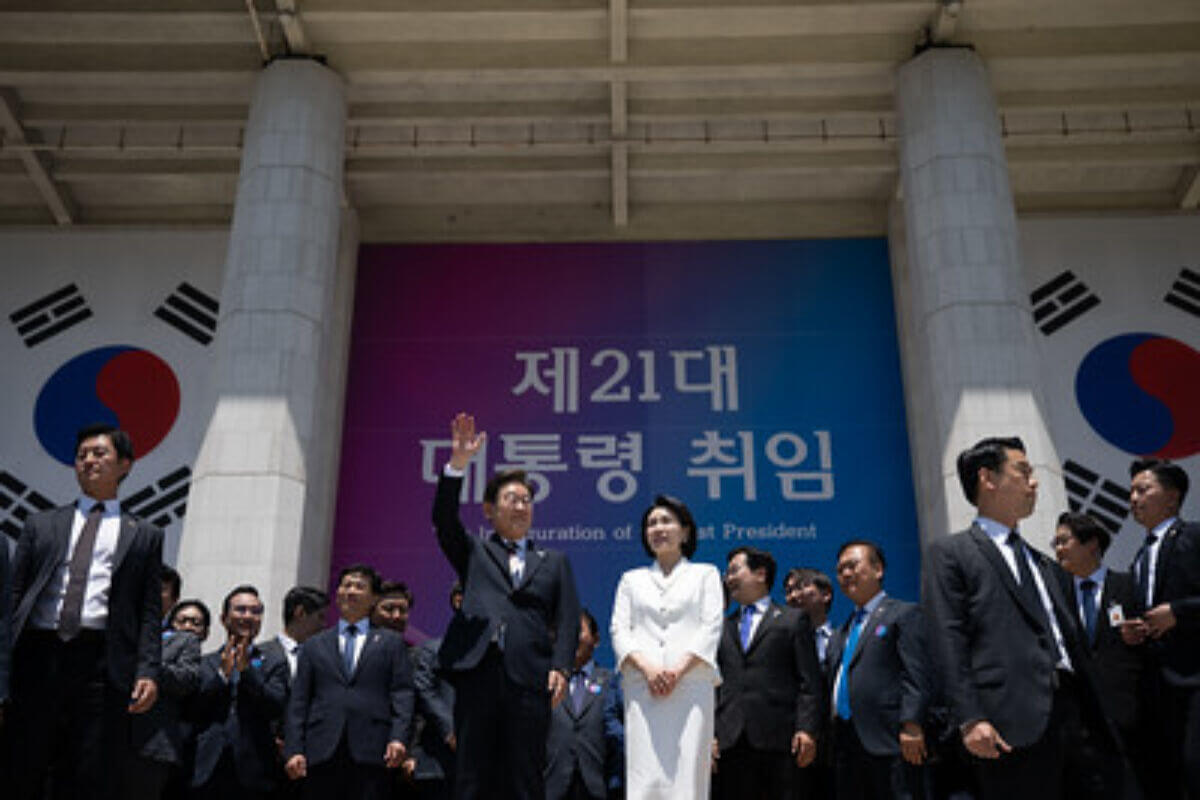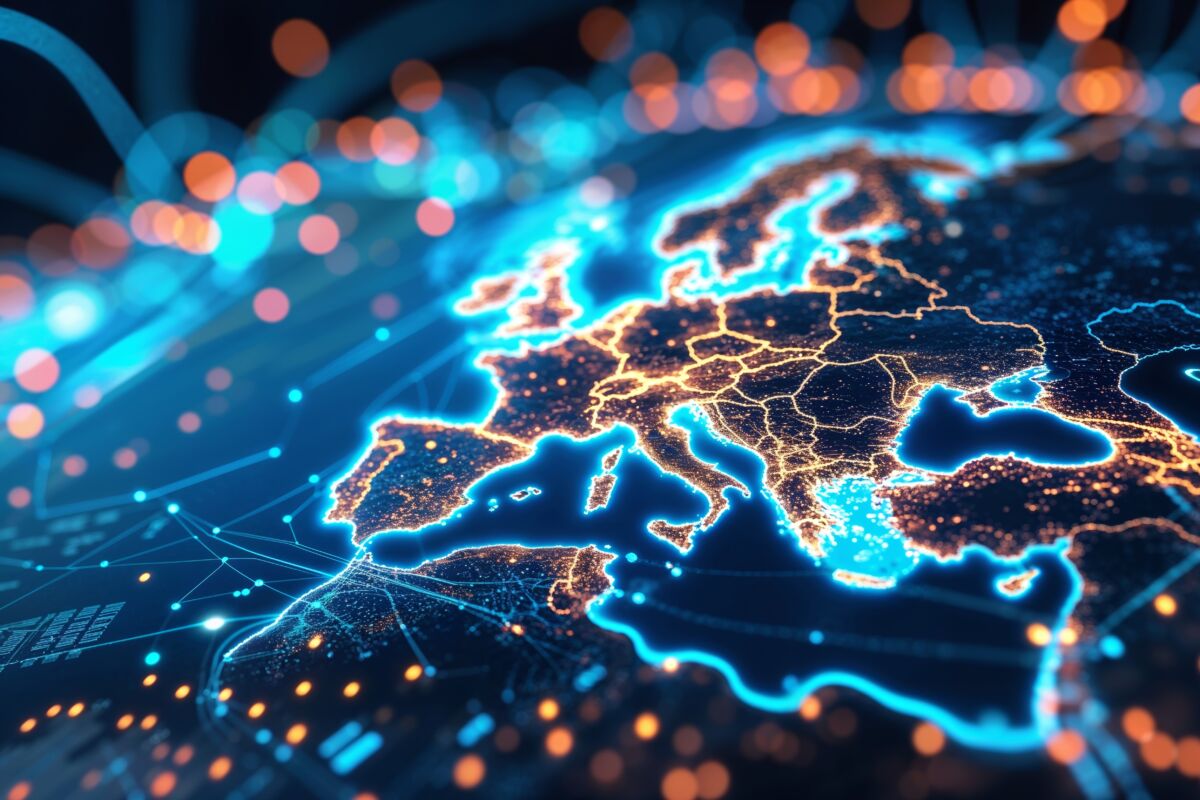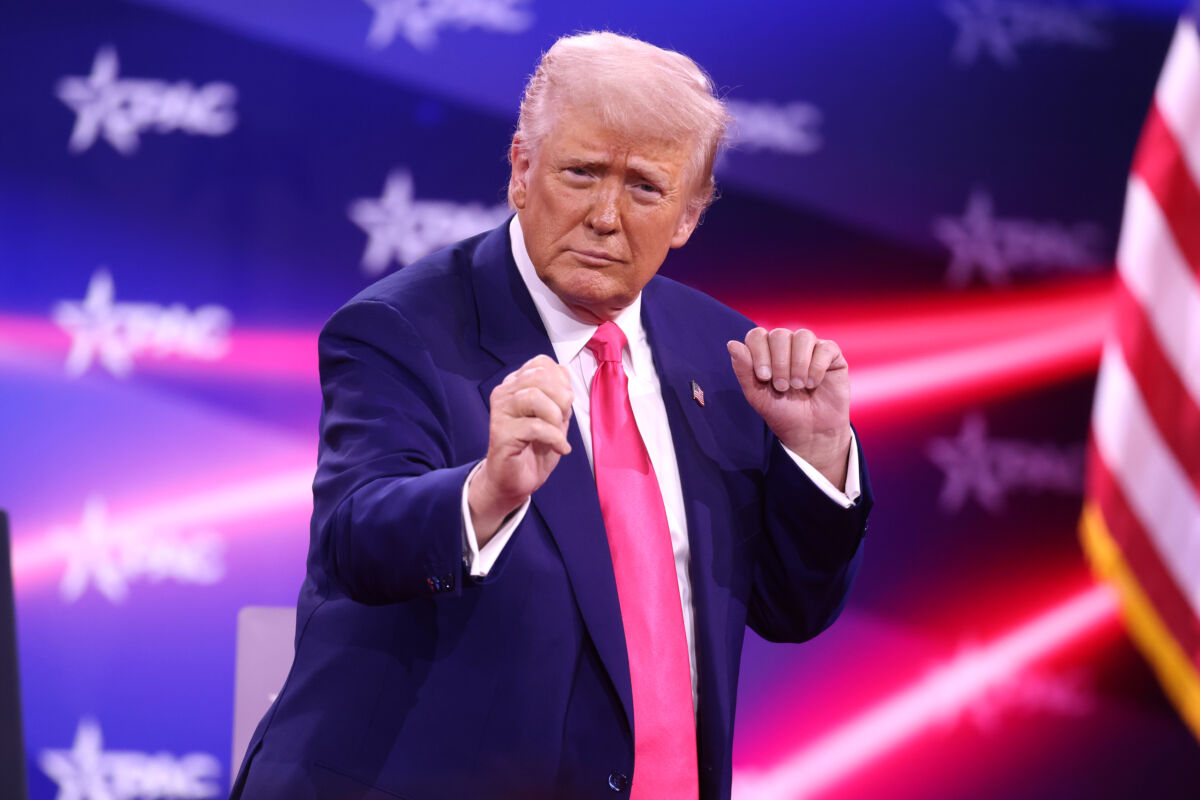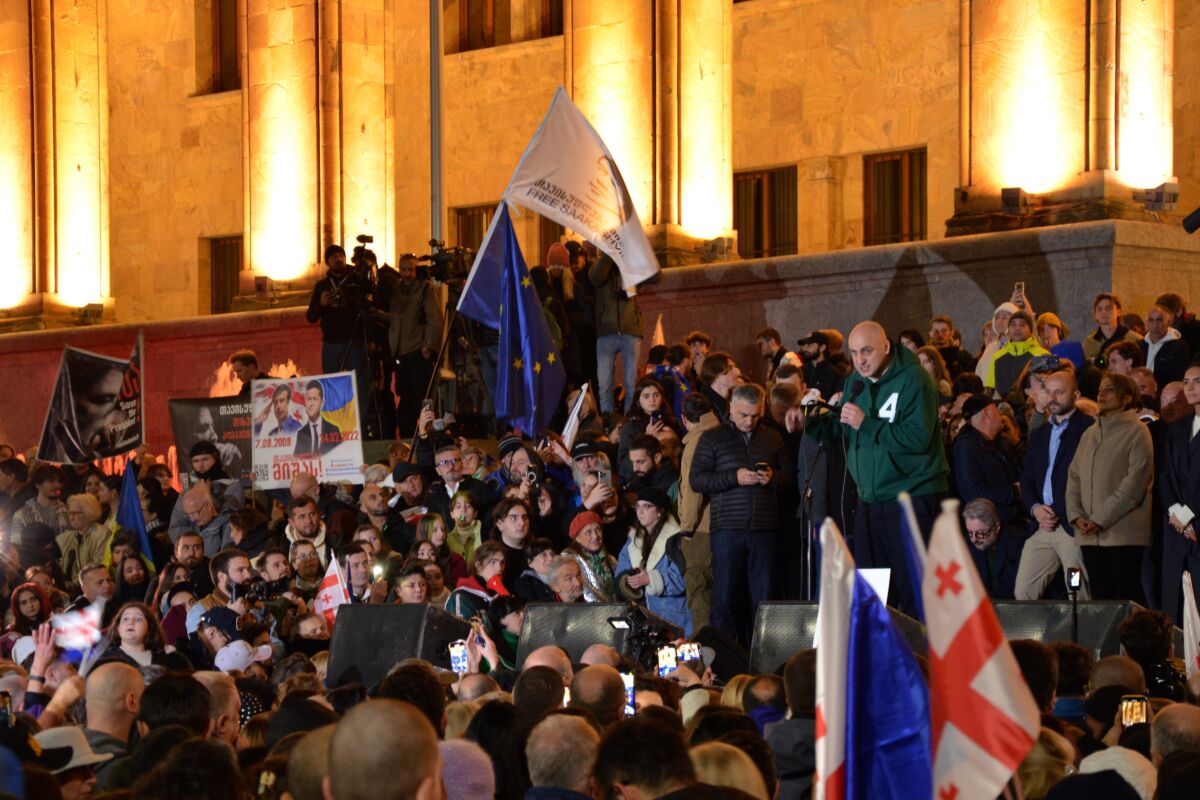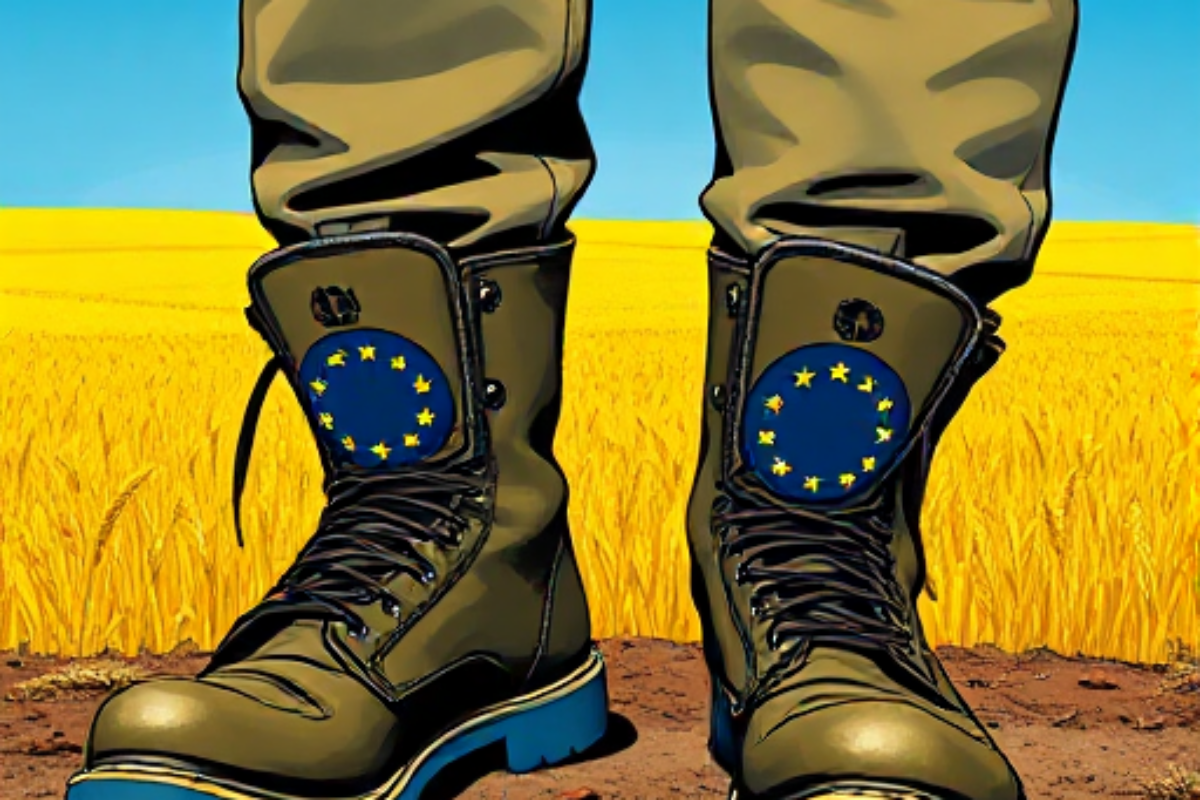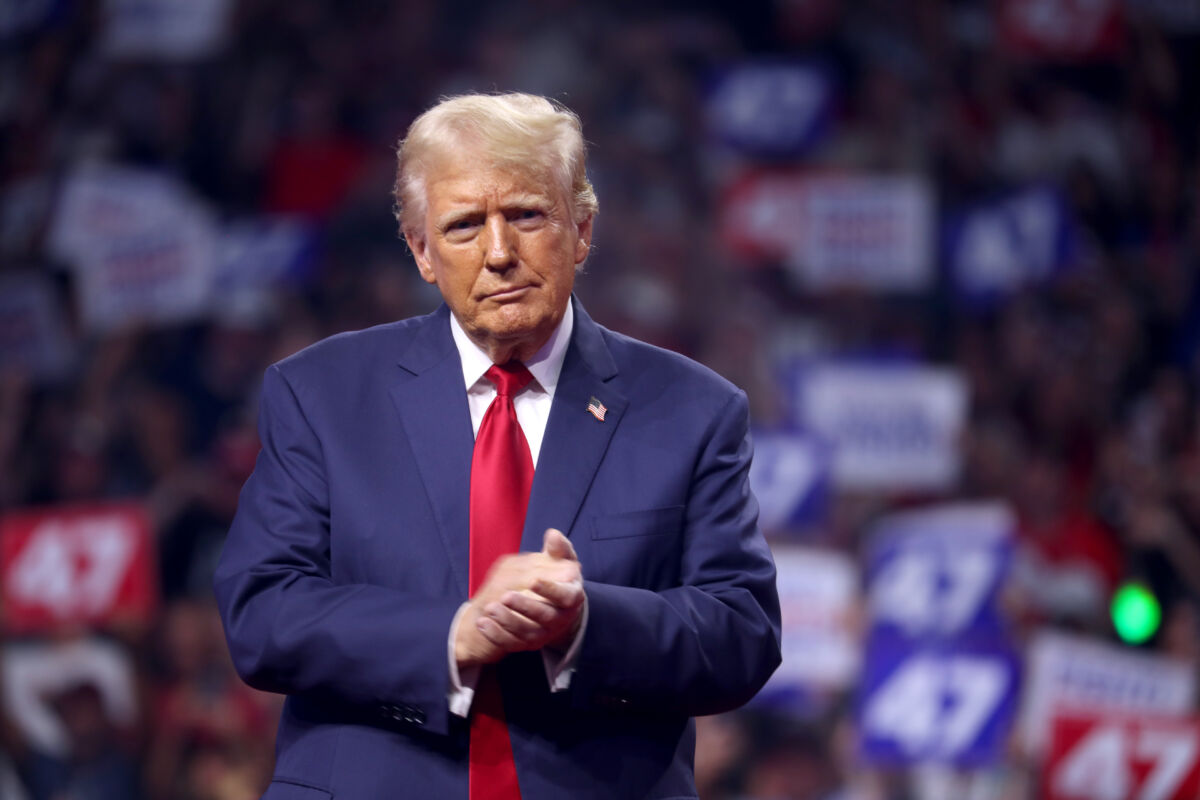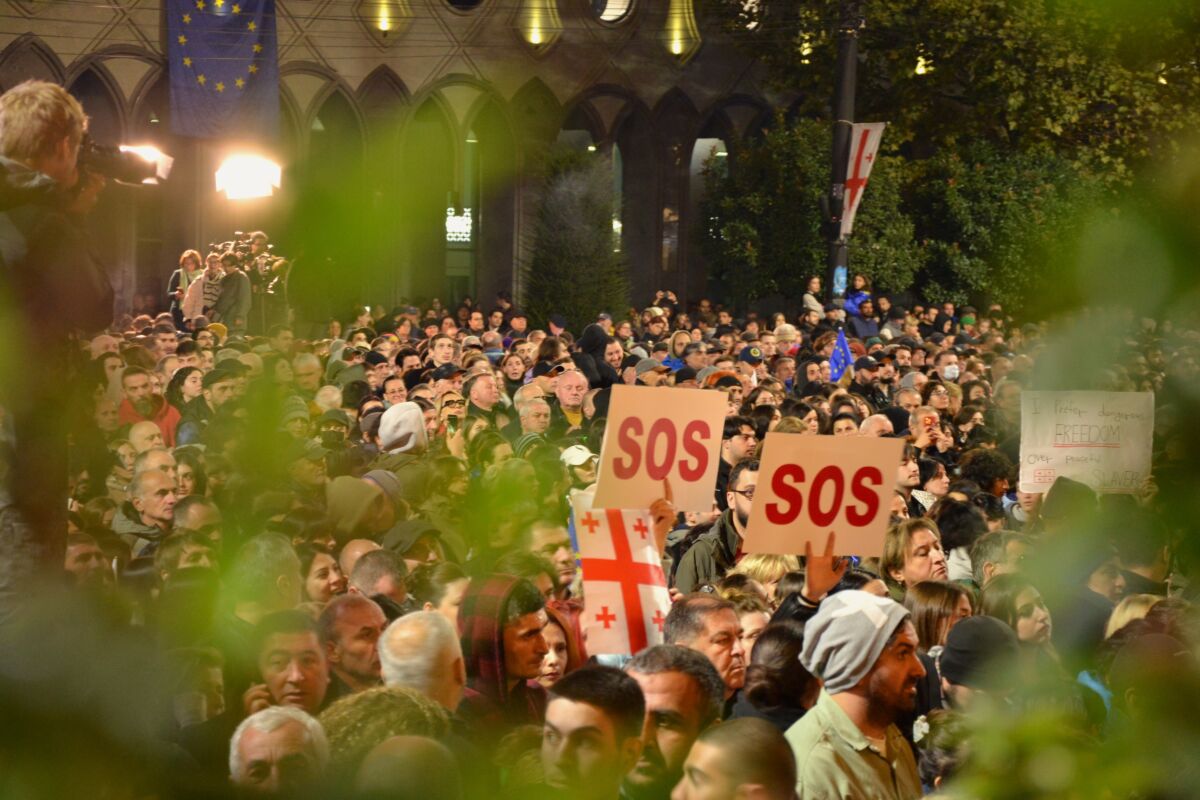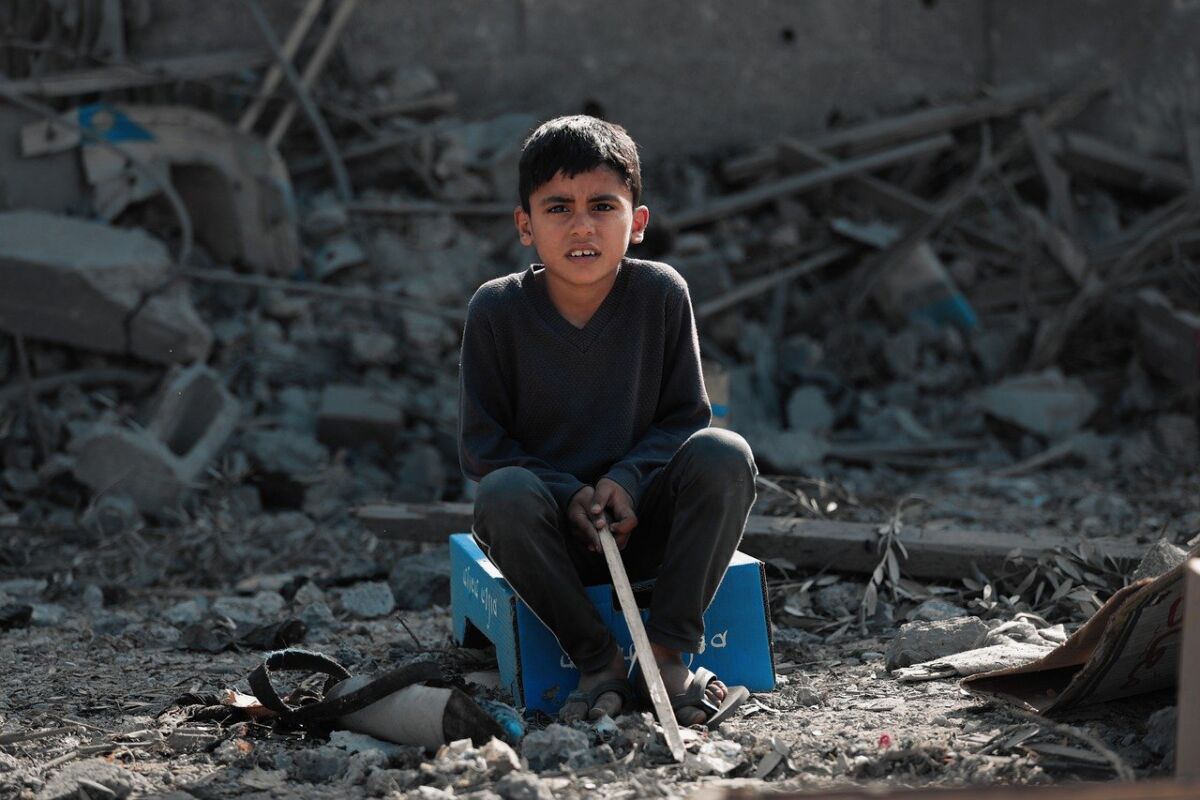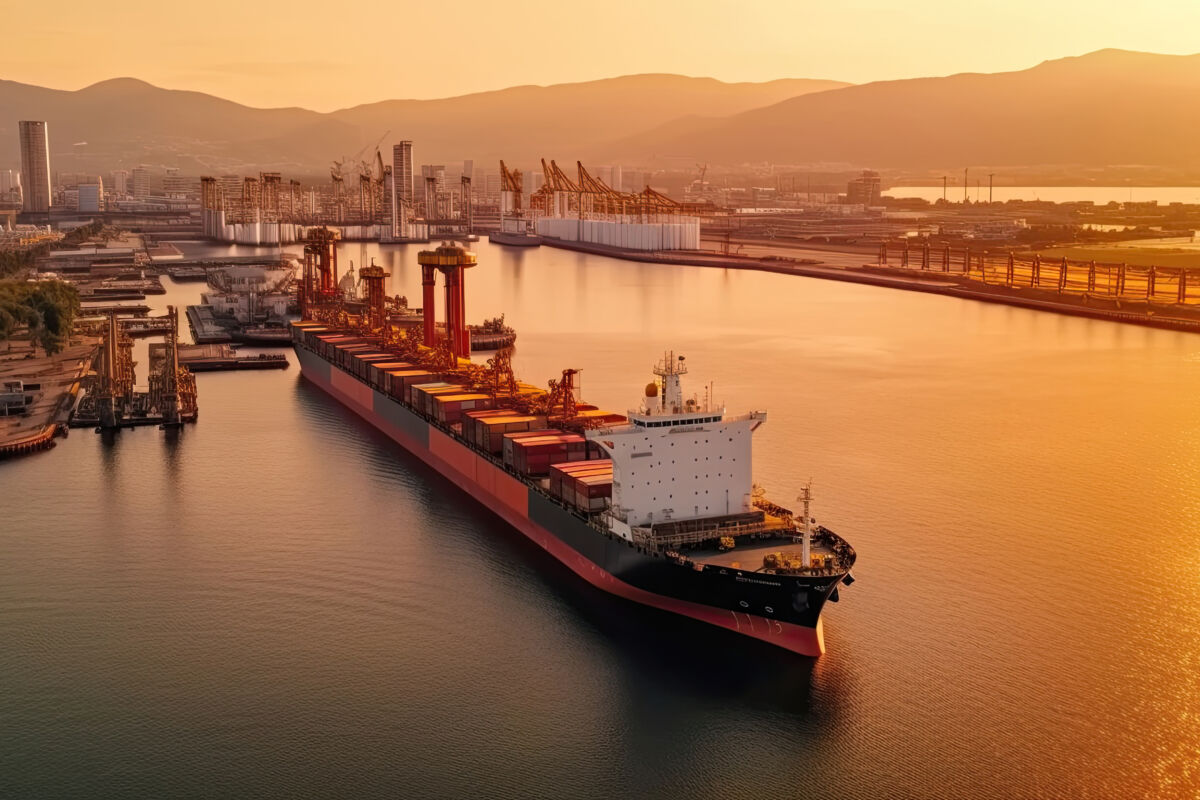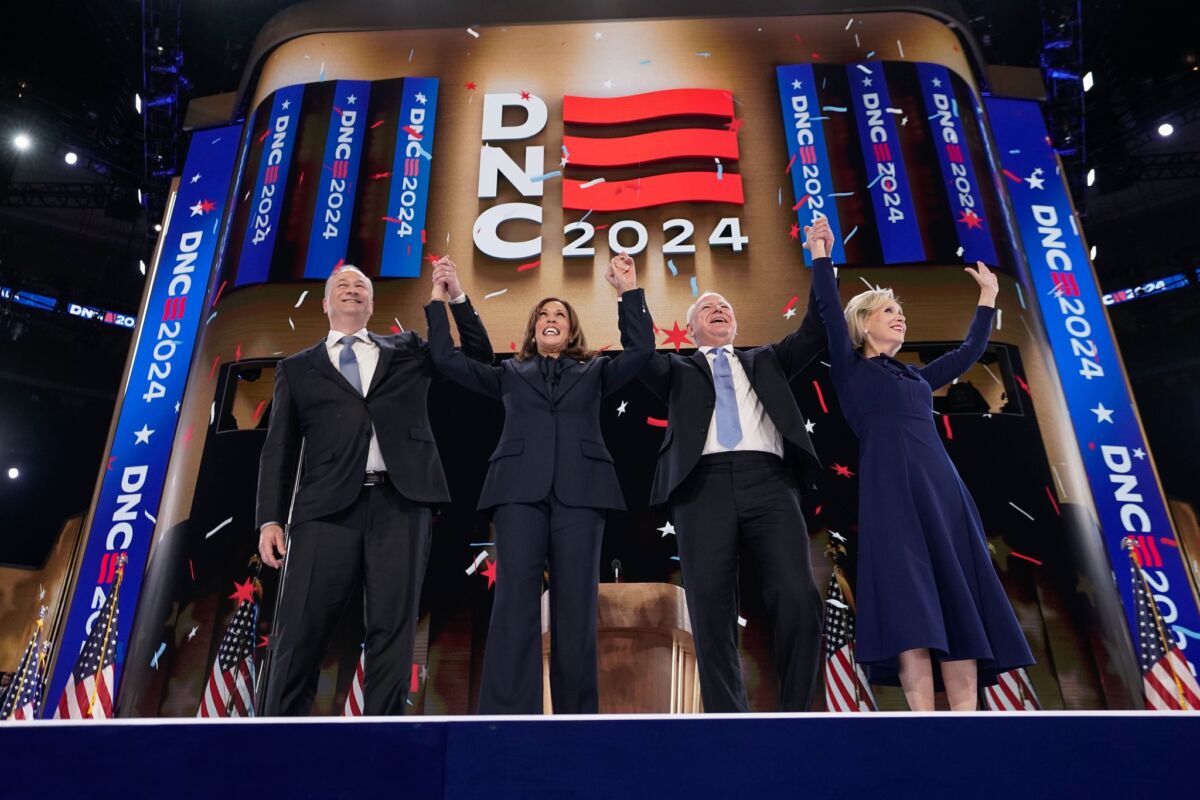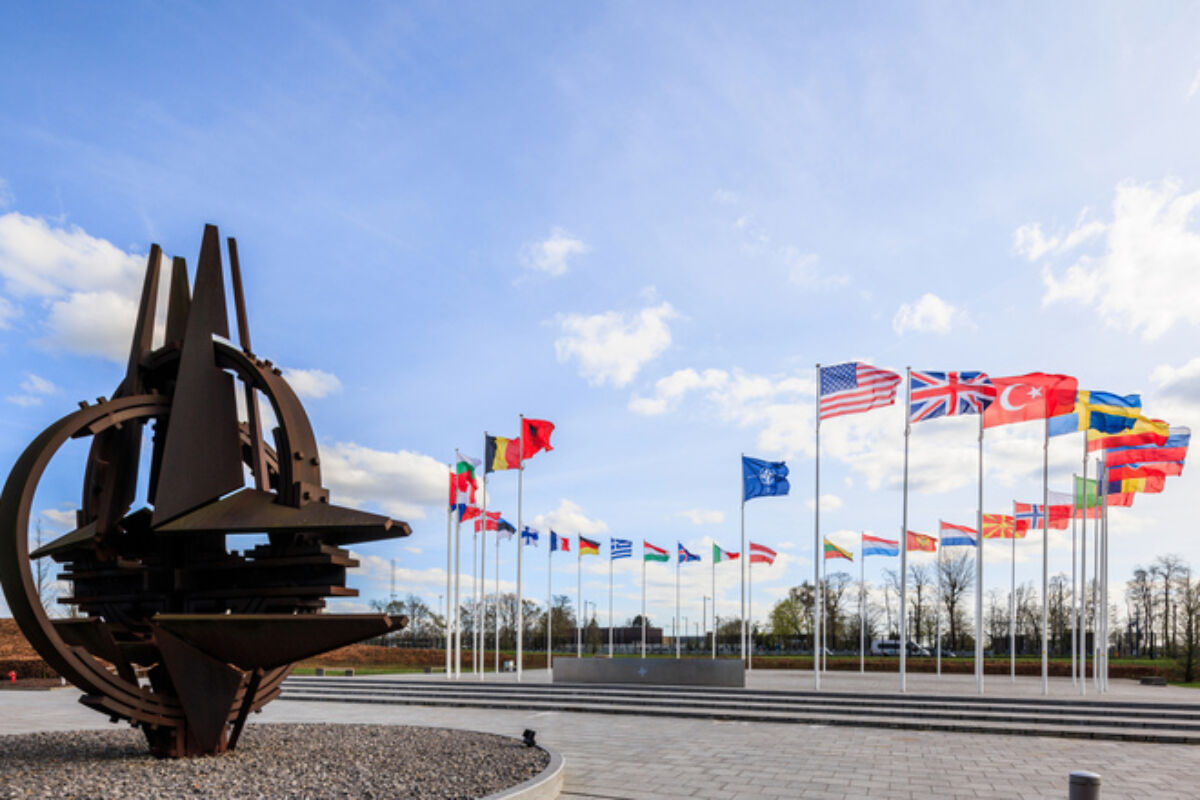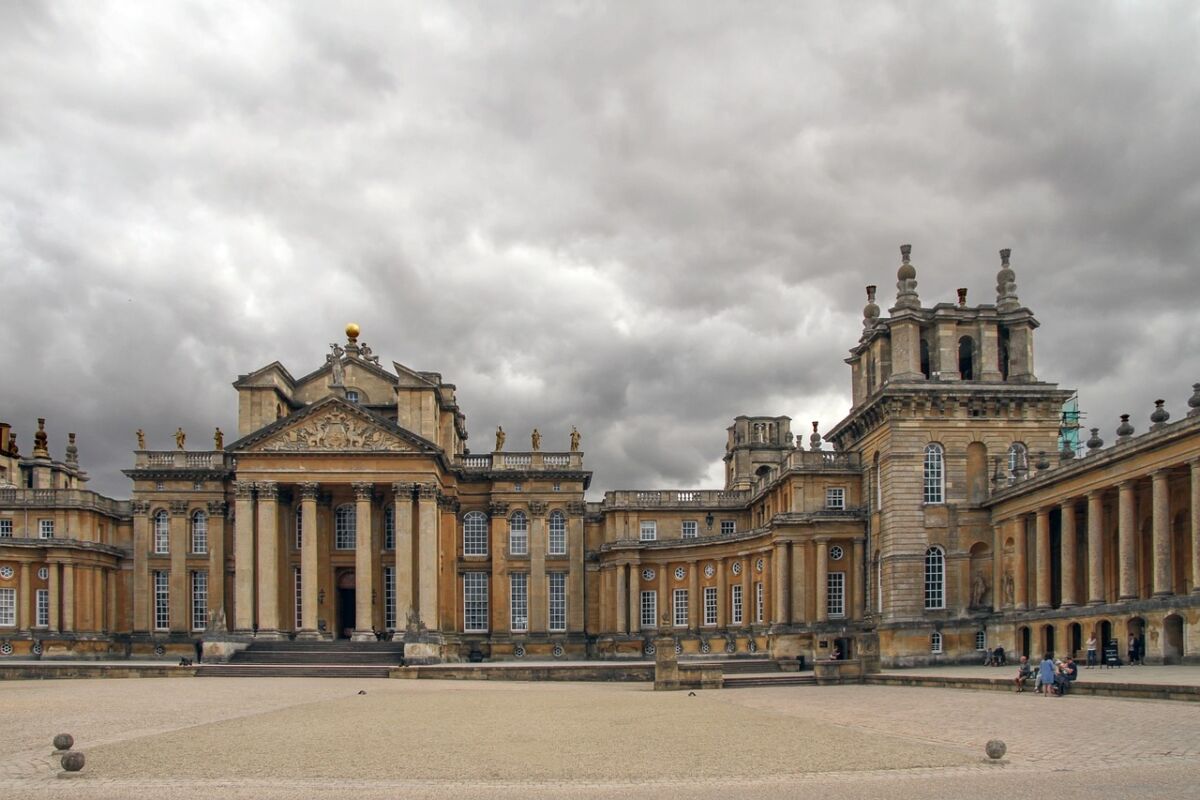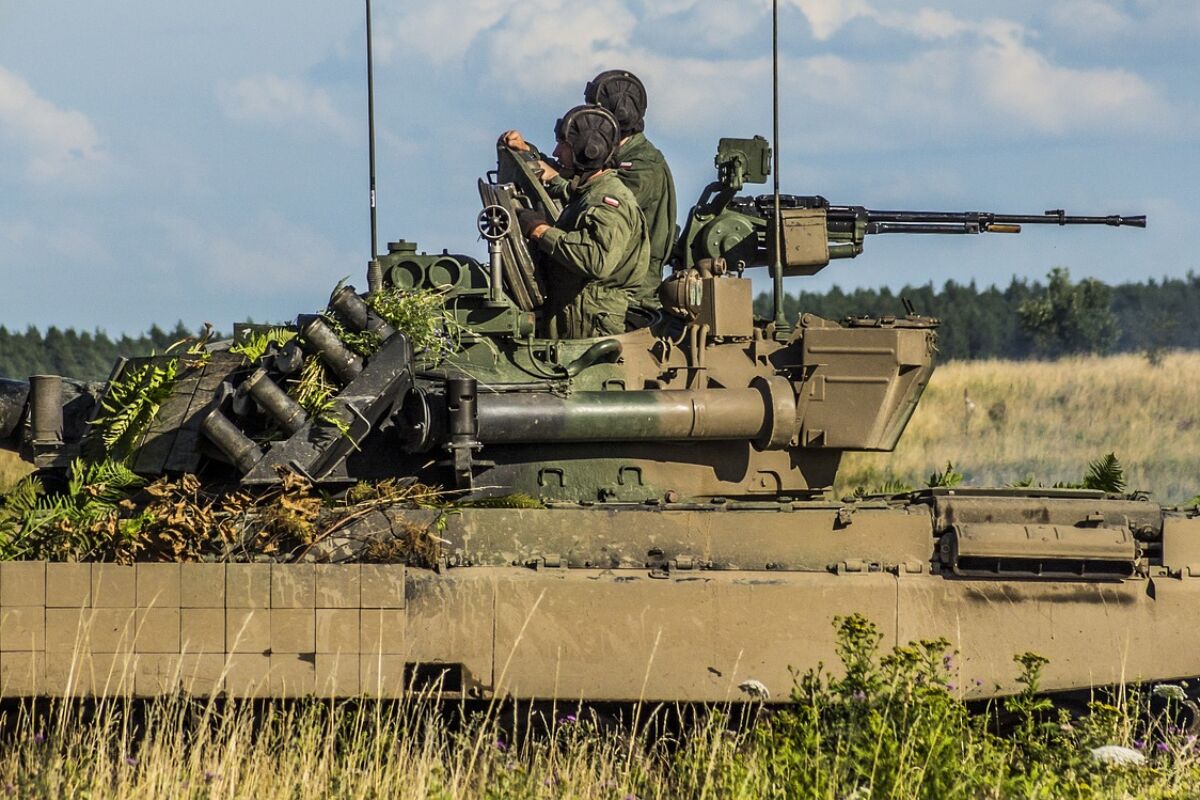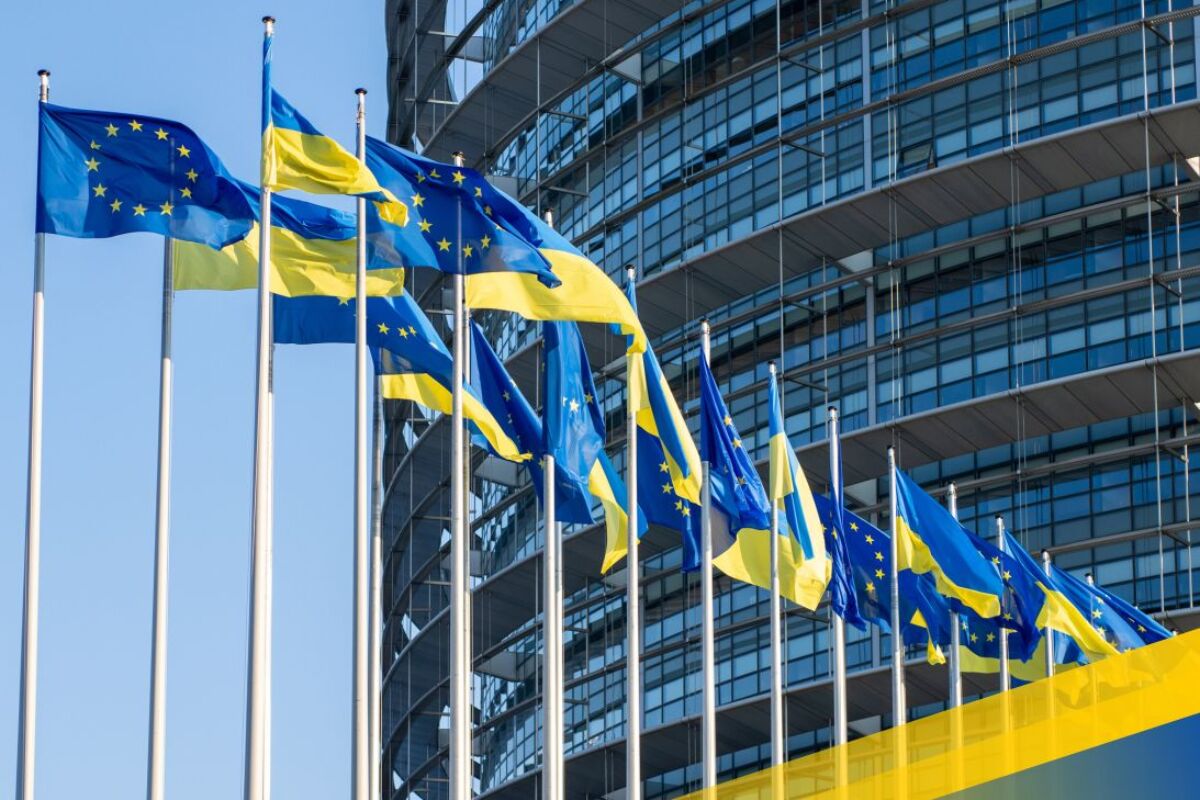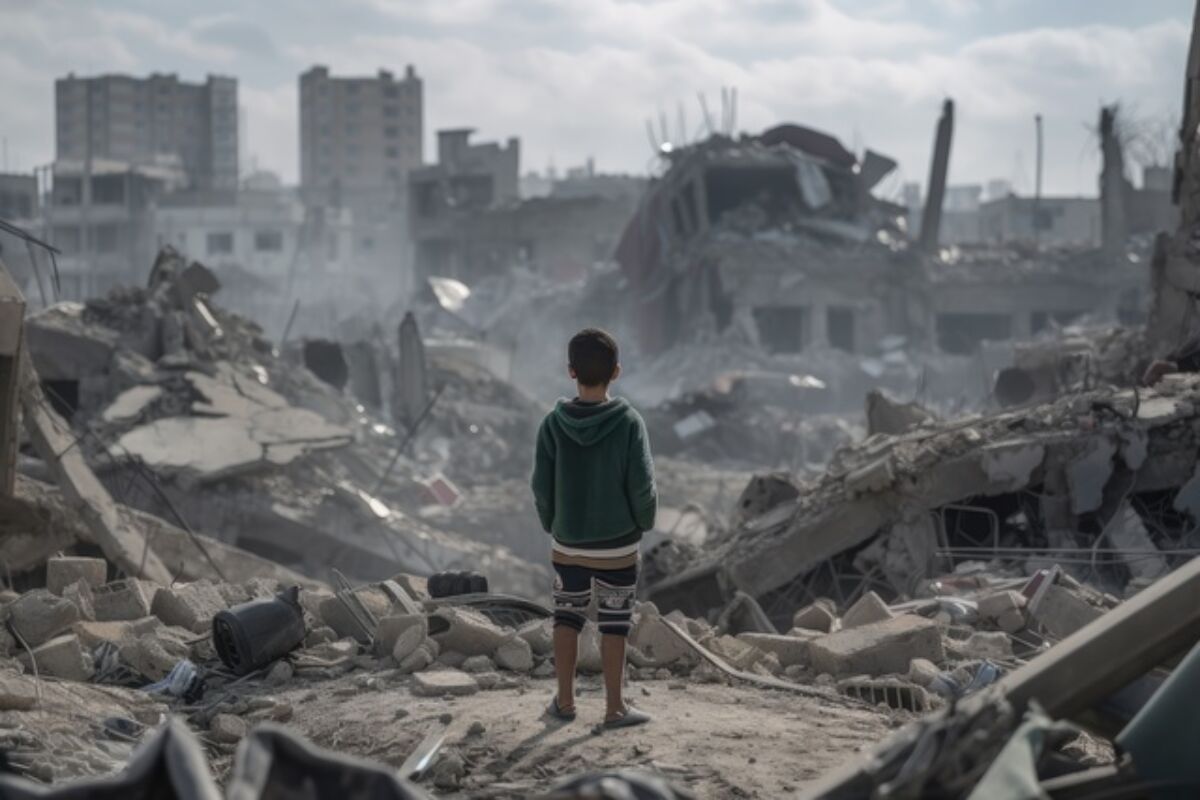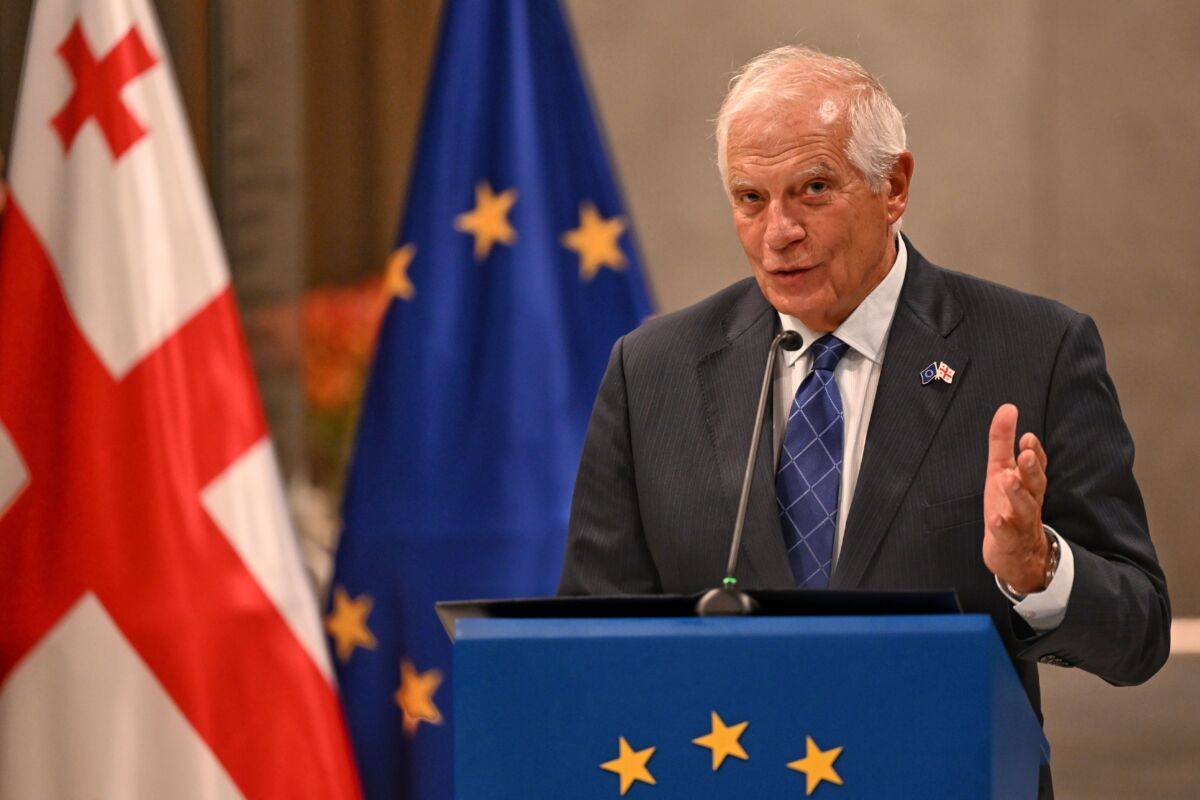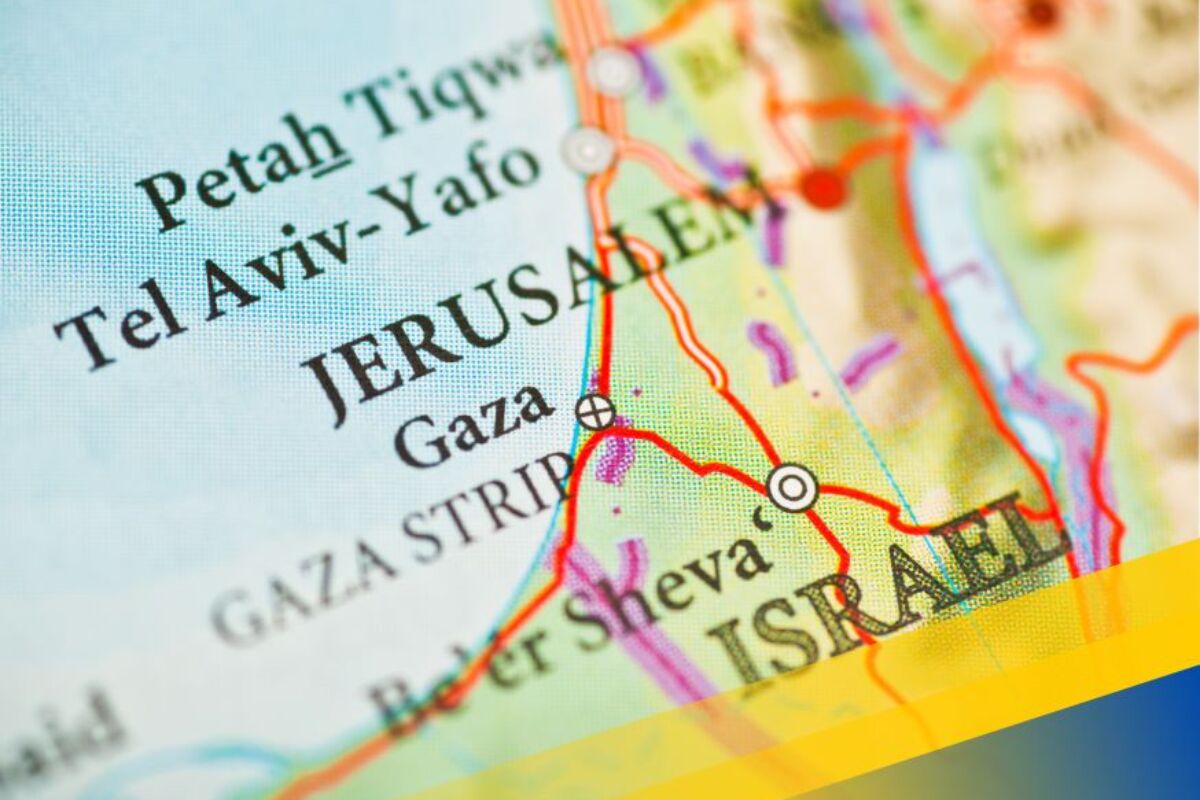India’s continued economic relationship with Russia spikes fears in the West that India could facilitate the circumnavigation of sanctions against Russia. This is on top of India’s refusal to openly condemn the Russian invasion of Ukraine, leaving the EU far from happy.
Nevertheless, relations with India are far too important to risk serious deterioration, so the relationship is moving ahead with the opening of FTA negotiations. These negotiations must be used strategically, alongside other instruments that the EU could positively wield to strengthen its relationship with India.
Why Russia matters to India
Indian foreign policy is pragmatic and its position vis-à-vis Russia is mainly driven by economic opportunities and strategic assessments. Even though India sometimes describes its historical partnership with Russia as ‘a loveless arranged marriage not yet ready for divorce’, if you follow the trails of money, the conclusion may be different.
The news that India’s biggest cement producer has paid in Chinese yuan for a cargo of Russian coal raises the fear that India could become a backdoor to sneak around the sanctions against Russia, especially if this becomes the start of a new trend.
Moreover, India’s favourable view on Russia’s new ‘Turn to the East’ policy – aimed at boosting trade and investment ties with India, China and South Asia – enhances such fears. India is a growing economy eager to seize economic opportunities but these developments are still rather worrying.
On top of these economic aspects, defence cooperation remains the primary driver of the Russo-Indian partnership.
50 to 80 % of Indian military capabilities are estimated to be of Russian origin. During the last India-Russia Summit in December 2021, yet another big defence agreement was signed, and the strategic partnership deepened with the establishment of the 2+2 foreign and defence ministerial dialogue. With both sharing (disputed) borders with an increasingly assertive China, immediate and reliable security cooperation is needed. Currently, India feels that only Russia can provide this with ‘no questions asked’.
France has also been increasing its defence cooperation with India. However, by supplying 27 % of Indian total imports in the years 2017-2021, it is still well below Russia’s 46 %, while the United States supplied only 12 %.
Moreover, as Bhaswati Mukherjee, a former Indian ambassador to the Netherlands, has explained, the chaotic Western withdrawal from Afghanistan left the strong impression that India would not be adequately supported in case of need. Recognising India’s uneasiness with potentially upsetting its primary defence provider has led the EU to merely agree to disagree on the matter and move forward.
Keeping India in the fold
The years 2012-2016 were characterised by frozen relations and this left a long-lasting mark. It is important to avoid a similar break down in relations over the coming months and years. Given the centrality of India in the Indo-Pacific region, the EU cannot risk losing India and allowing it to drift into the arms of its authoritarian competitors.
As High Represenative/Vice-President Josep Borrell recently said, ‘the EU must work more with countries who do not share all our values’, and seeing eye-to-eye on all instances must not be a prerequisite for any and all cooperation.
The EU should thus act strategically, and in cooperation with the United States and Japan. The establishment of the Trade and Technology Council (TTC) with India will facilitate the co-development of future technologies. Approaching the TTC with India, the US, and potentially Japan, can help to build on each other’s achievements to achieve positive outcomes together with India.
India was also invited to this year’s G7 that was hosted by Germany. This was the fourth consecutive time that India joined the G7 following France’s original invitation in 2019. This immediately raised the question over whether next year’s host, Japan, will renew the invitation, thus opening up the possibility that India will replace Russia as part of a new G8. Aware that sitting at the top table also comes with responsibilities, extending membership to India could also encourage it to adopt a foreign policy more closely aligned with the G7’s shared values.
Then, the first round of negotiations for an EU-India Free Trade Agreement also began on 27 June. Already politically charged due to high expectations, the current war in Ukraine adds another layer of geopolitical complexity.
Any final FTA agreement must come with the certainty that it will not boomerang against EU interests (such as offering a backdoor to circumvent sanctions) but at the same time, the negotiations must be treated with sensitivity and care.
To diversify Indian defence capabilities – thus lowering dependency on Russia – the EU and India are also working to enhance their security cooperation. During the first EU-India consultation on Security and Defence held on 10 June, India and the EU discussed the co-development and co-production of defence equipment, including India’s possible participation in PESCO.
Co-developing defence equipment and future technologies is a sign of EU trust in the long-term EU-Indian partnership, and with this comes additional responsibilities. These political decisions can be read as a sign of hope in the strength of Indian democratic institutions, or rather in the need to ‘work overtime to bend India’s trajectory towards the West’.
If synchronised, concluding a bullet-proof FTA, extending G7 membership to India to create a new G8, and implementing the TTC in parallel with India, the US and Japan, can streamline Indian foreign policy and encourage India’s adherence to shared values.
But for now, we disagree
The EU and India may not see completely eye-to-eye over the Russian invasion of Ukraine. India sits next to an increasingly assertive China, so it absolutely does not want to put its main source of defence equipment at risk, which is still Russia.
But there are many other avenues that the EU can and should explore with India. Yes, the two have had to agree to disagree over Ukraine thus far.
But that’s really OK because when taking the long view, there’s so much more at stake.



